The Goraždan settlement of Lozje, at the very entrance to the city, is the place where exactly 30 years ago a crime was committed against the civilian population in which more than 40 Bosniak civilians, women, children and the elderly were killed.
On the anniversary of the murder, survivors and officials visit the monument erected in honor of the murdered and leave flowers. There are testimonies, difficult stories in prayer and waiting for justice, which even today seems unattainable.
That the truth about Lozje is cruel and sad, Senija Živojević reads in her letter, which she dedicated to her murdered father.
"Grandma, I'm writing to ease my heart because that's the only way I feel close to you, because this is the only way to talk to you... 30 long years have passed since you were gone, as you and many of our relatives and neighbors were killed. Grandmother, the earth is wet enough , it should not be covered with blood," says Senija.
13 killed from one family
On May 22, 1992, 13 members of the immediate family of Midhete Kaloper Oruli were killed, who were captured and taken to the Podhrani camp.
"The birds on the branch know everything about the crime that was committed here, but those who need 30 years have not heard the cry of the surviving victims. They assure us that the BIH judiciary exists and is working, but we have not felt it yet. Let them give us at least a little satisfaction, to my and other families. We know who the culprits are and we are at the disposal of the Prosecutor's Office at all times of the day and night, just so that we do not go to the other world, and the perpetrators are not punished for what they did to their neighbors with the help of the aggressors from Serbia. I I have lost 13 family members, my mother and my brother, I am dealing with the loss and what I went through in the camp with the other 38 prisoners. judge once and say who is responsible for this," Midheta points out.
Branislav Lasica, nicknamed "Miško" and "Laci" (1965) from Goražde and Miroslav Milović (1950) from Ustiprača, who were arrested at the end of last year, and Brane Petković, commander of TO Srpsko Goražde, are suspected of the crime in Lozje. the indictment has been confirmed, but it is still unavailable to the prosecuting authorities, about which Klix.ba has published numerous evidence, orders and attack plans that are also available to the prosecuting authorities.
The crime in Lozje was committed on the orders of the management of the TO "Serbian Municipality of Goražde". From the available documentation, which Klix.ba previously wrote about, it is evident that the attack was prepared in detail, which began in the early morning of May 22 with the entry of Serbian forces into the settlement.
They killed children and pregnant women
In that attack, an 11-year-old girl, Advira Šahman, was killed, and a boy, Reuf Uhota, was seriously wounded, and his mother was also wounded in that crime. They somehow managed to get to the Goražde Health Center, where it was not possible to provide them with adequate help, given that Goražde had no hospital or conditions for treating such types of injuries. They were transferred to the hospital in Uzice. Adviri Šahman was killed in that attack and Amidja, who was killed with six other civilians and buried in the mass grave of Šišet near Goražde, which was discovered on March 17, 1993.
Muamer Džananović, research associate of the Institute for Research of Crimes Against Humanity and International Law of the University of Sarajevo, points out that the crime and attack on Goražde is not an isolated case.
"During the period of the first attacks on Goražde, the aggressor forces, which included JNA units and neighboring Serbs who were organized and armed until the first attack on Goražde on May 4, 1992, carried out continuous operations and tried to put Goražde under their control and commit the crimes they committed in the surrounding cities, especially in Foča and Višegrad. That they had no sensitivity towards civilians is also shown by the crime in Lozje, where they killed, wounded and committed various other atrocities against civilians. 30 years after the aggression, we have indictments brought and confirmed against several members of the Serbian forces that attacked Goražde. As far as I know, they are all related to the case of the attack on Lozje. It is also a fact that the Gorazde MUP filed the first criminal charges for the case of Lozje already in 1996. Why has no one been held accountable for the crime until today It's really not clear. The paradox is that some of the perpetrators of this and other crimes, like Brana Petković, enjoy freedom in neighboring Serbia, even though they have indictments filed against them before the Bosnian judiciary," says Džananović.
Dangerous narratives
He believes that 30 years after the crimes in Lozje and others that have not been prosecuted, and the narratives that are created through public discourse and well-funded "quasi" scientific research, we are living in a time of struggle for the narrative about the period of aggression against the Republic of Bosnia and Herzegovina, where various tries to contribute to changing the character of the war and historical facts.
The Mufti of Gorazdan, Remzi Effendi Pitić, pointed to this, speaking in Lozja.
"Don't ever fall for the fact that the crime against our people was committed by a group of drunken fools, the crime against our people was committed by the entire structure, military, political, intelligence, security and democratic institutions. They want to sell this disturbance to us in a way that they were incidents, the second disturbance is when they come to us from Europe and say that we have to negotiate. Of course we should, but there is no agreement on genocide, no negotiations or talks on genocide. It is not a political issue, it is a human, humanitarian and legal issue. We have to to be persistent and remain dignified, we must never agree to use the methods used by those against whom our people fought and are still fighting today, but we should do everything to bury the project that created this," said mufti Pitić.
Celebrating the anniversary is one of the ways to prevent the bad past from repeating itself, believes Seid Omerović, president of the Association of Camp Inmates of BiH.
"It is very important that people who take on the obligation to carry the truth have the support of the authorities, because that is the interest of the state of Bosnia and Herzegovina," Omerović believes.
BPK Goražde Prime Minister Aida Obuća said that the judicial authorities must work on the prosecution of crimes in Lozje, but also in other places.
"We have an obligation to work harder, for three years we have been very active and vocal towards the Prosecutor's Office, the Court and the HJPC, demanding that those who committed crimes be held accountable, that is their obligation and we remind them to do their job, if they do not know honestly is to withdraw. I am saying from here that I will fight for what happened to be called by its right name, a crime against the civilian population, that the criminals, no matter what they were called and where they were, must be held accountable," Obuća said.
So that it doesn't happen again
Many of the survivors have never found the bones of their murdered relatives.
"We haven't found the bones of our loved ones yet, and they are already rattling weapons above our heads, and inciting rhetoric is on stage, young people should recognize that. We must not forget this crime, and we should fight for justice," says Midheta Kaloper Oruli.
No one has yet been sentenced for the crimes committed against the civilians of Goražde, which is paradoxical if you take into account the fact that the city survived 1,336 days of siege under constant torture.
"People were brutally killed, wounded, tortured, starved to death due to the imposed conditions, and they were not even allowed to be properly buried after being killed. According to my research so far, over 7,000 people died, were killed and wounded during the siege of Goražde, and to this day no one he was not responsible for any case. On the other hand, a large number of members of the ARBiH who defended Goražde and their families were prosecuted and some trials against them are ongoing. We support that everyone should be held accountable for the crime committed, regardless of its dimensions and regardless of national, religious or any other affiliation of the perpetrator. However, the paradox is that, when it comes to Goražde, the focus of investigative bodies and prosecutors' offices is not numerous mass crimes committed against members of the VRS who attacked Goražde," Džananović believes.
Source and photo: Klix.ba
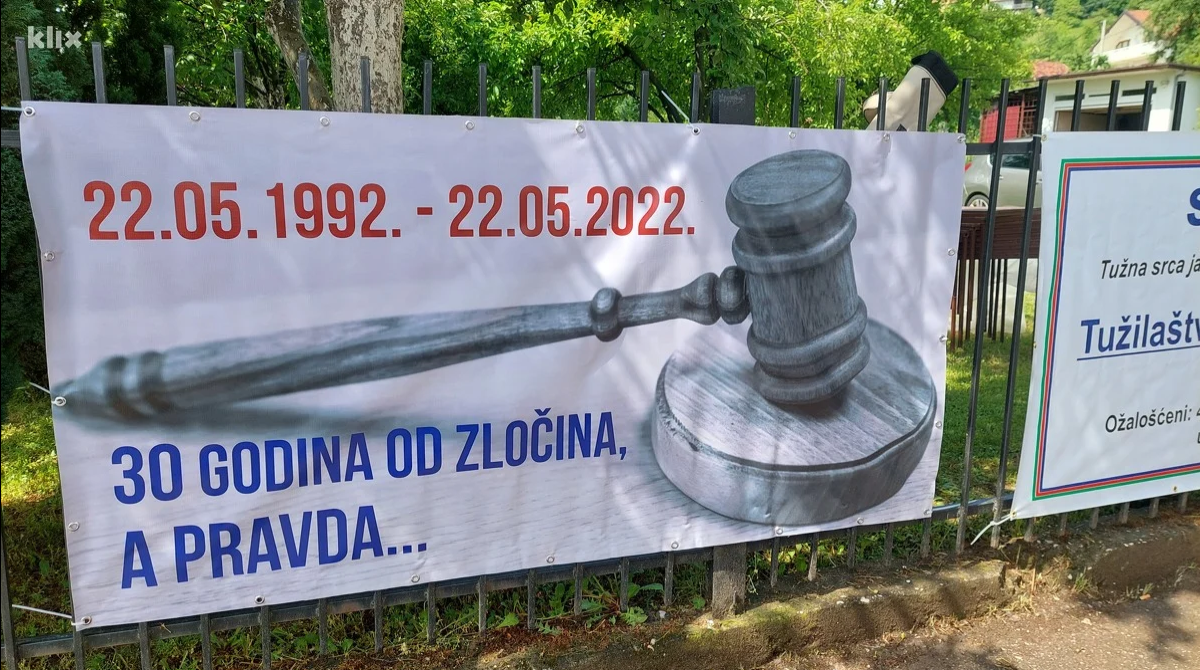
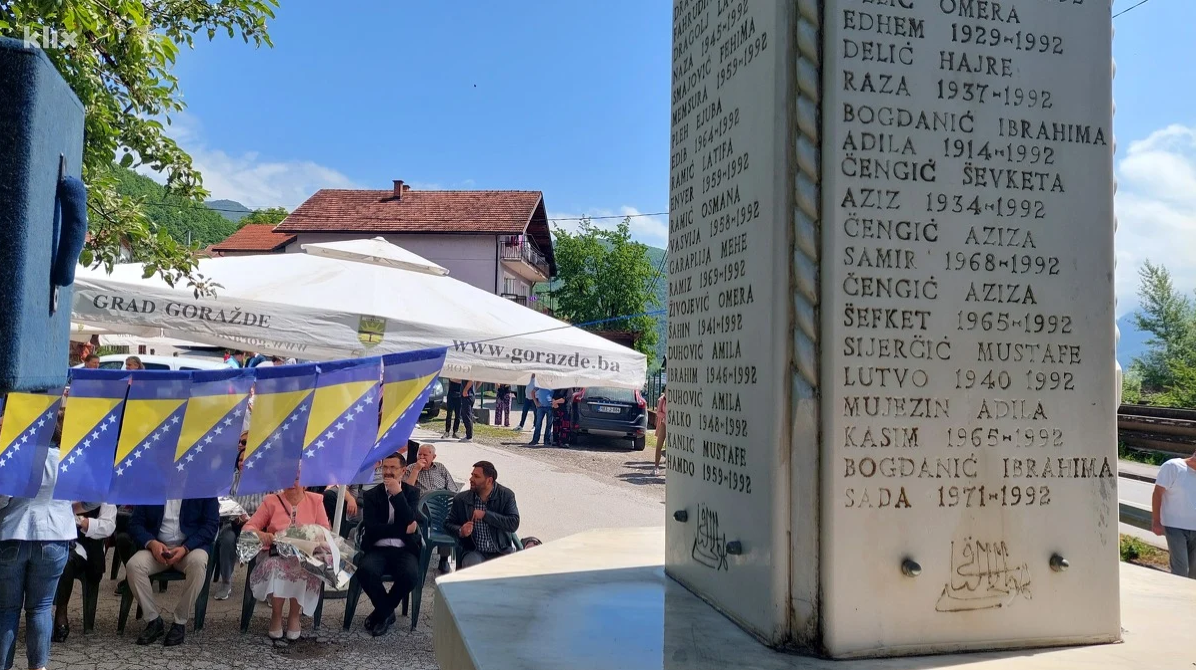
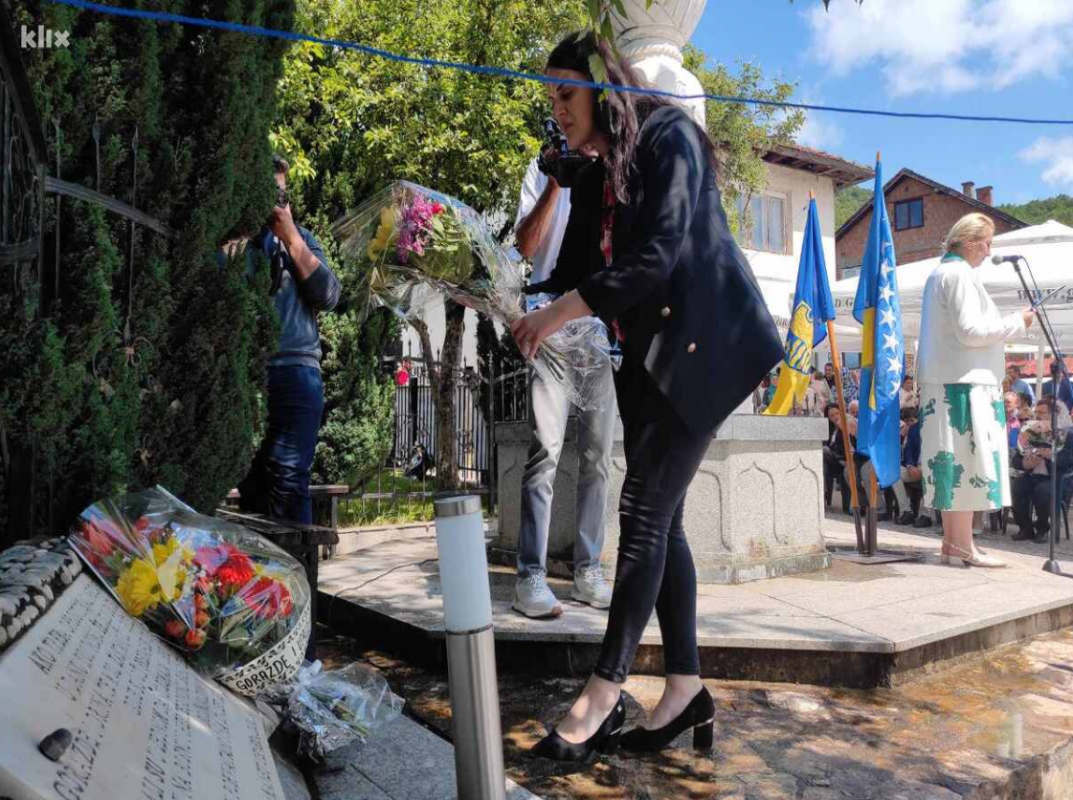
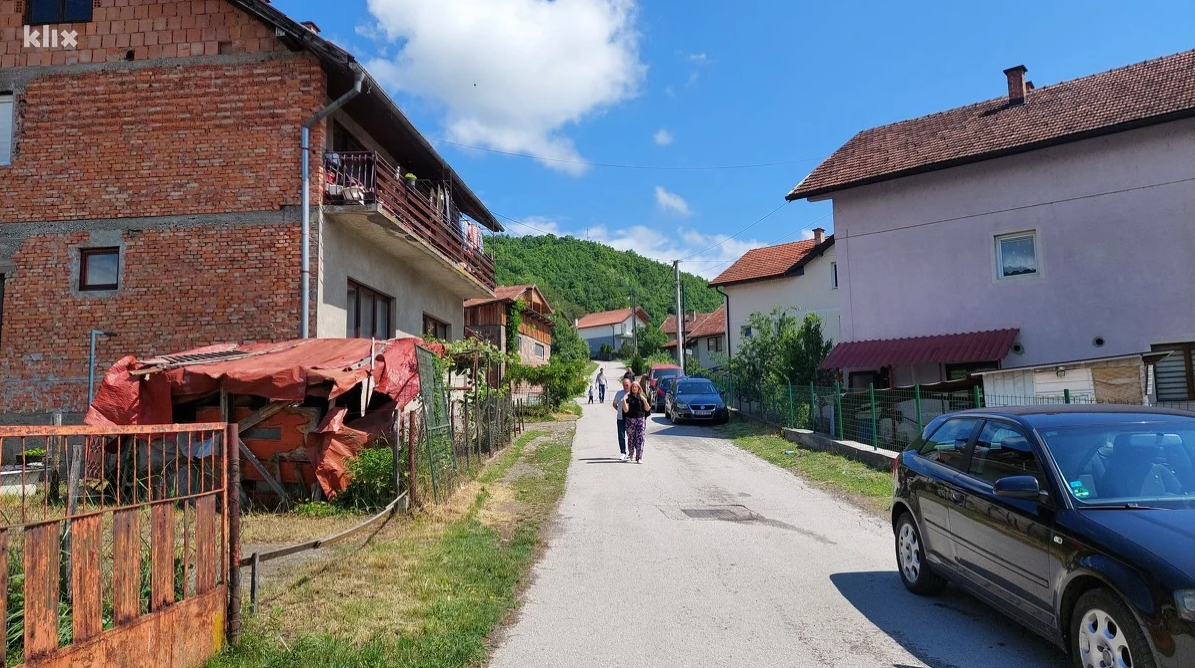
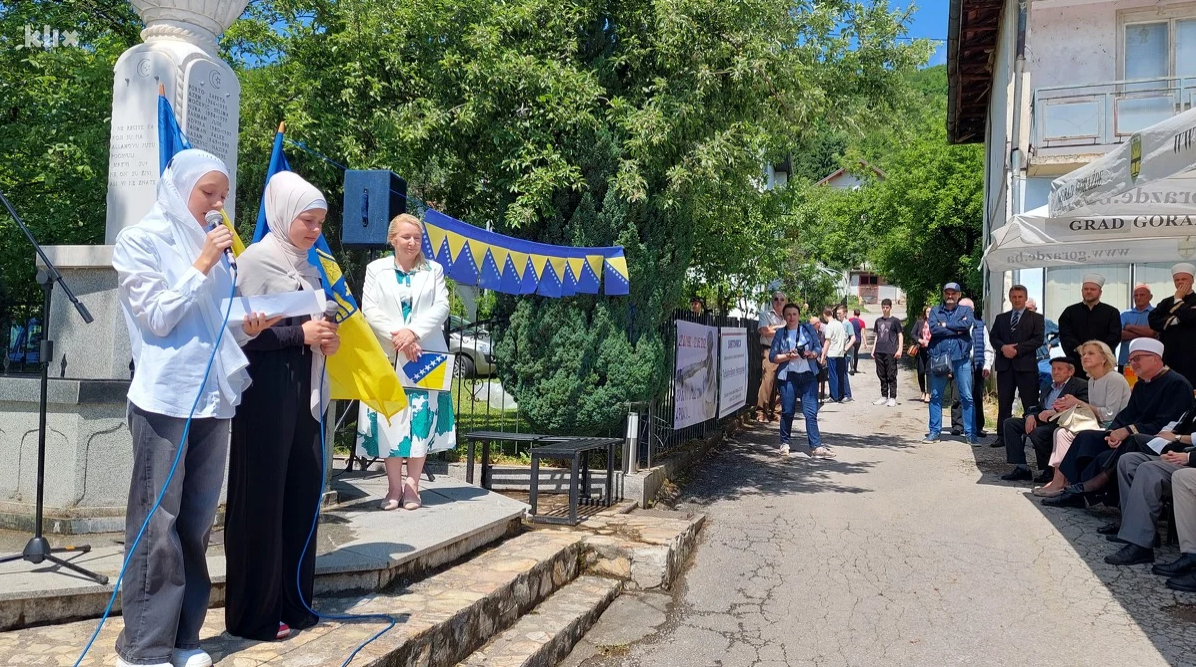
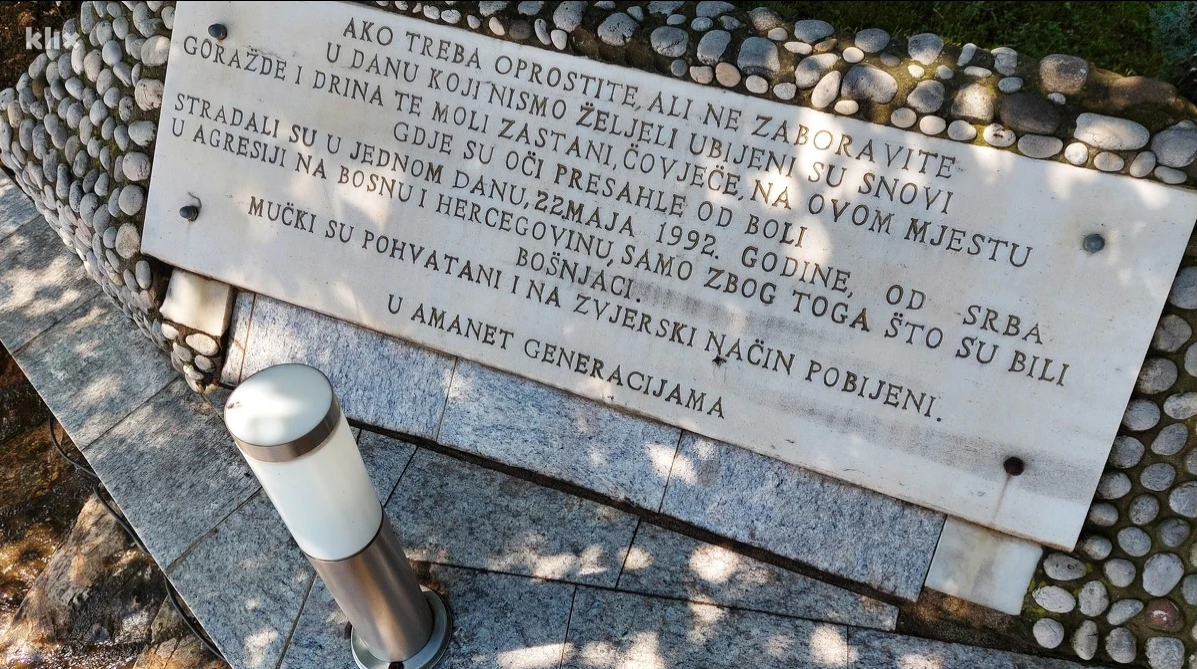
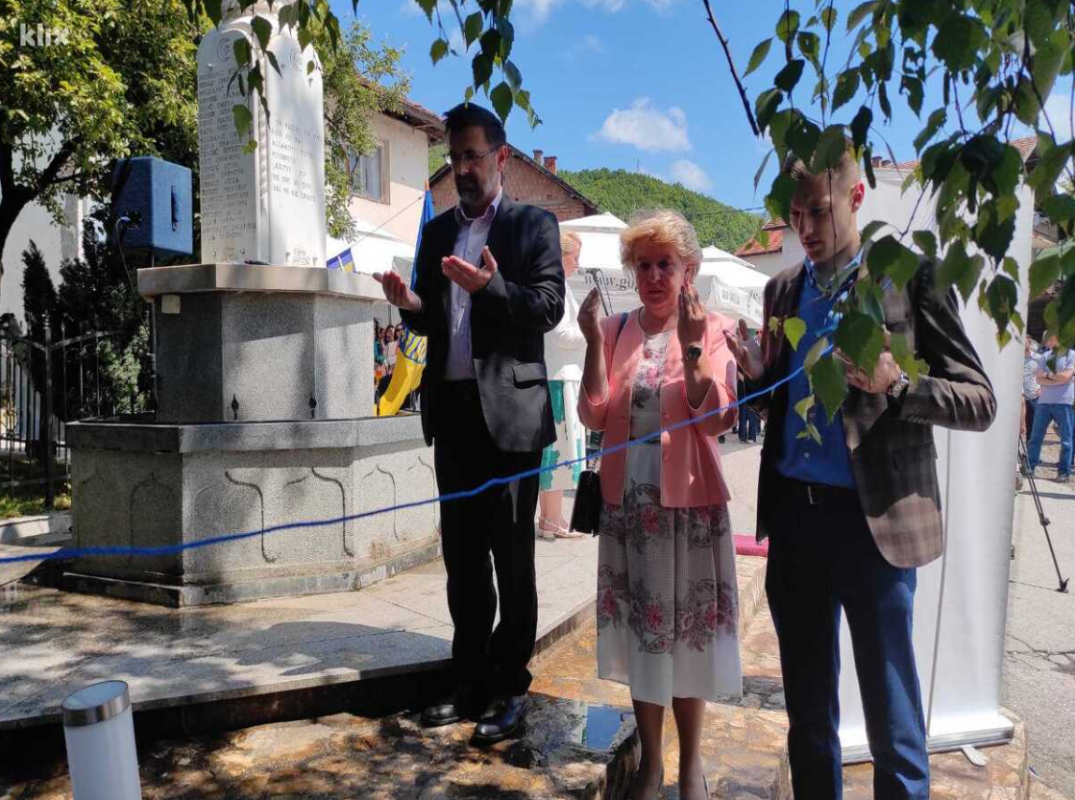
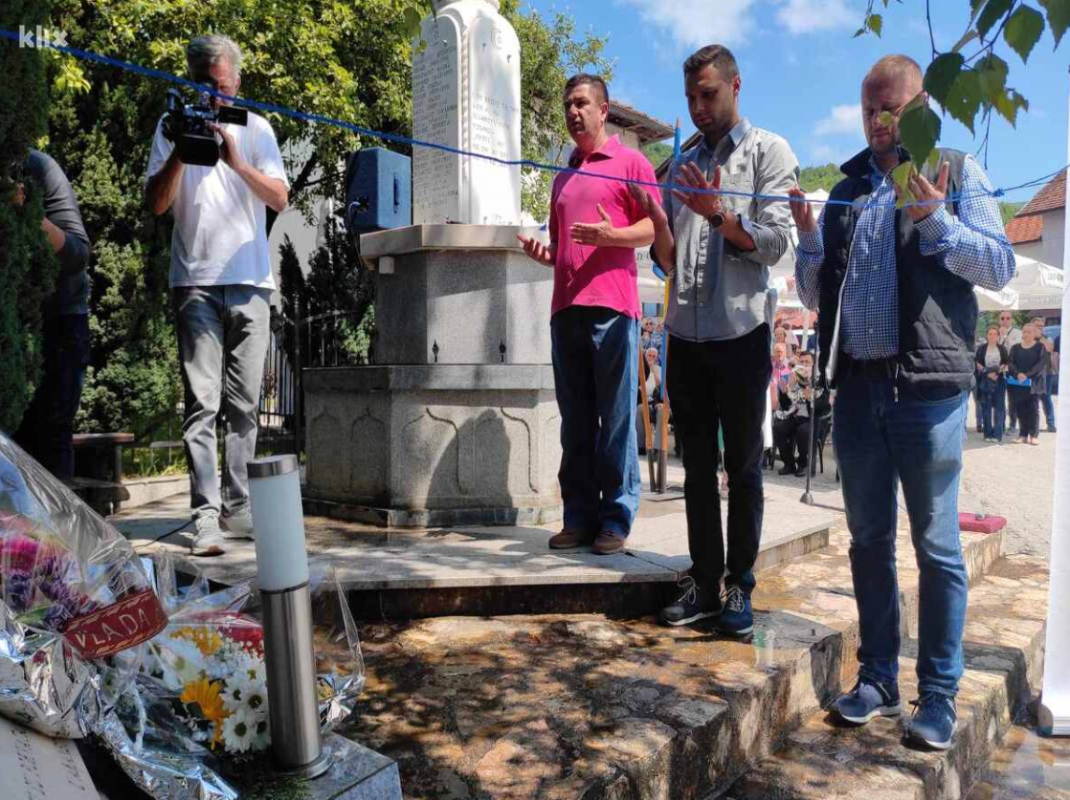
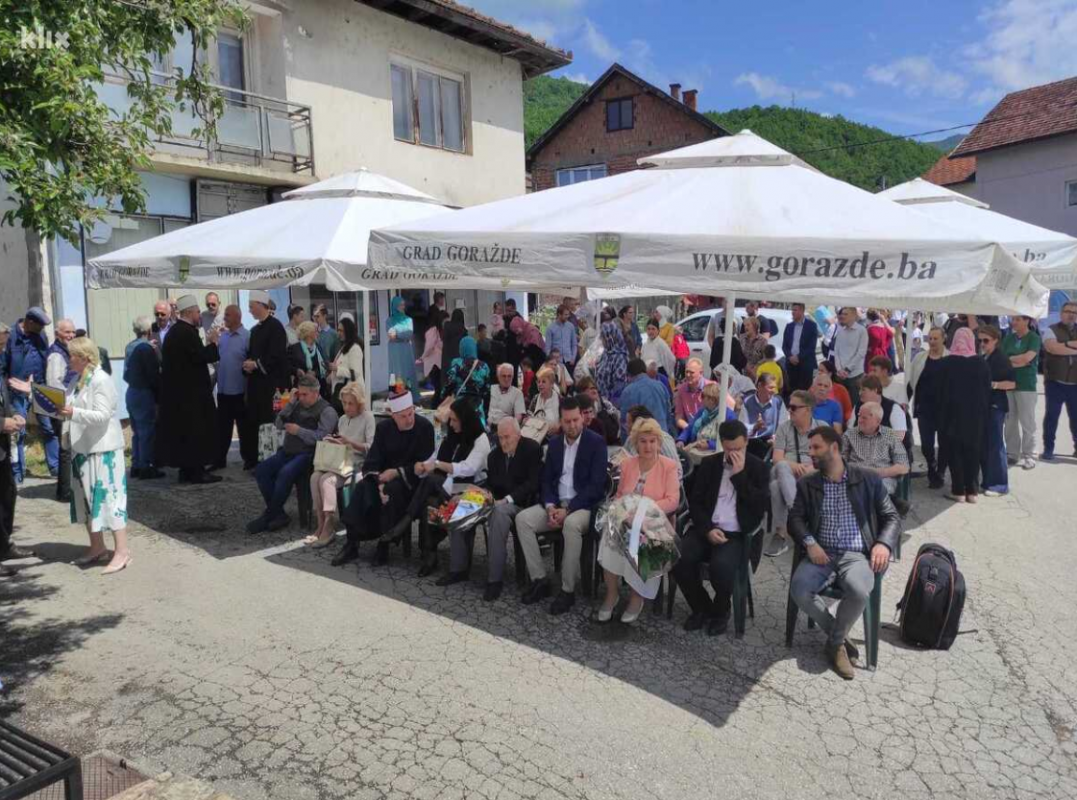
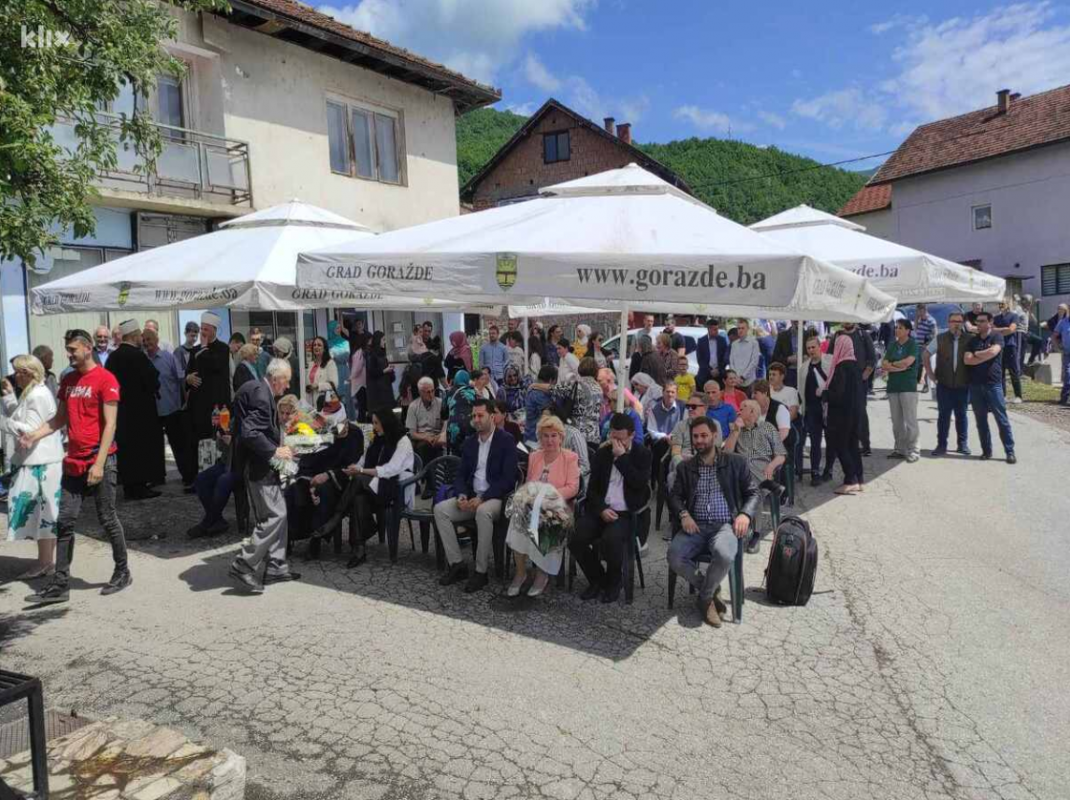
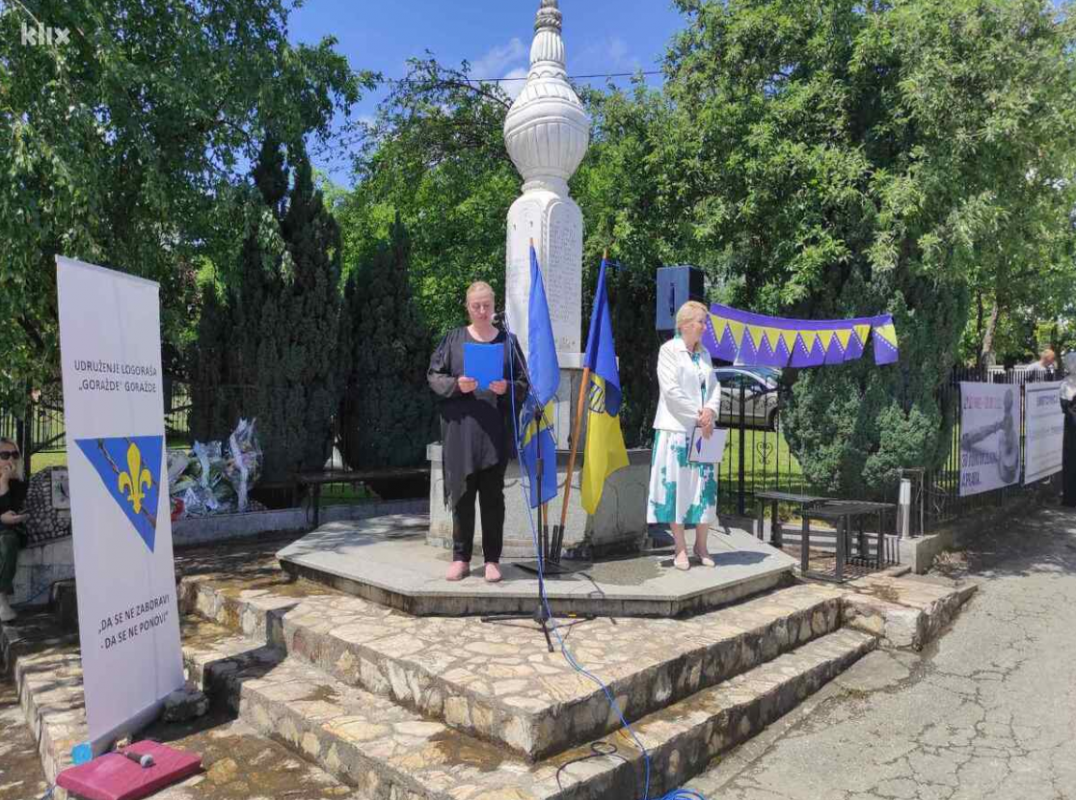
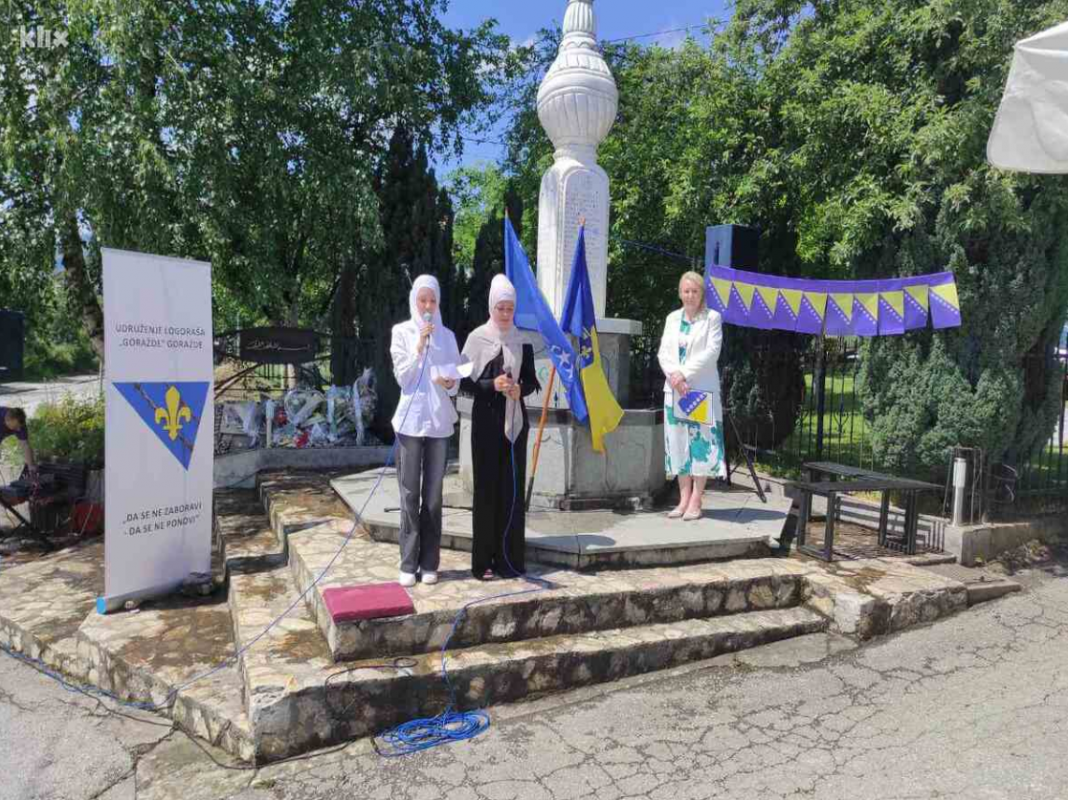
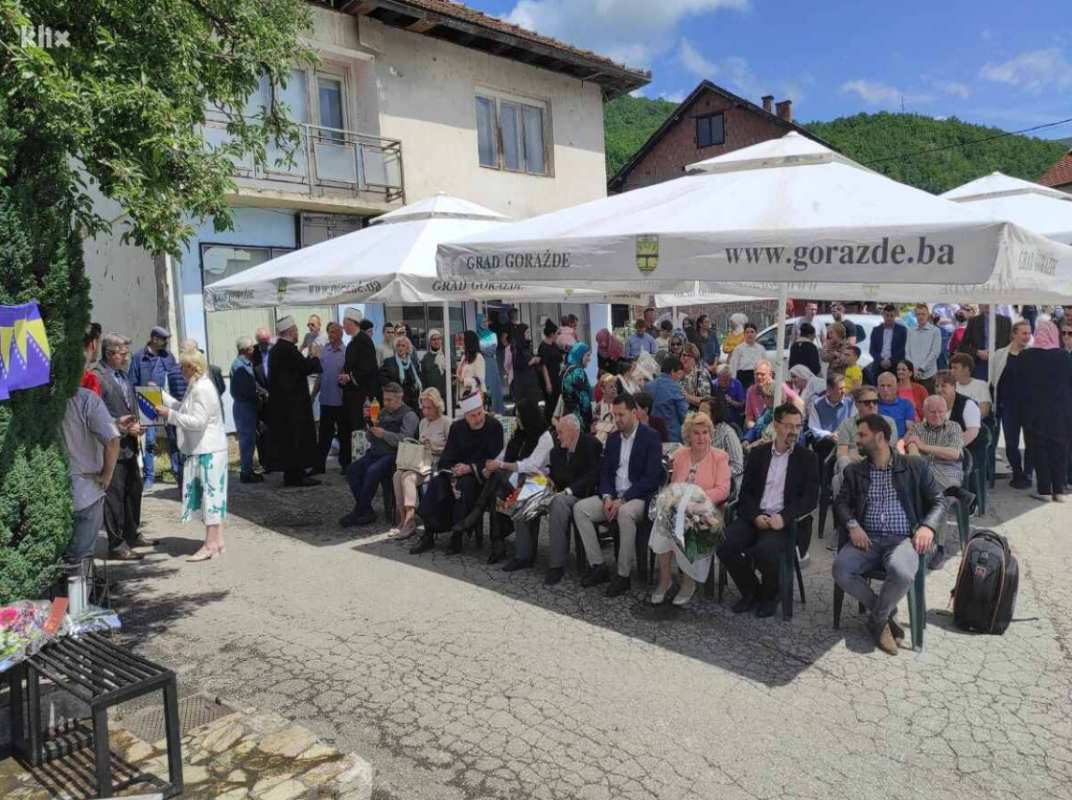
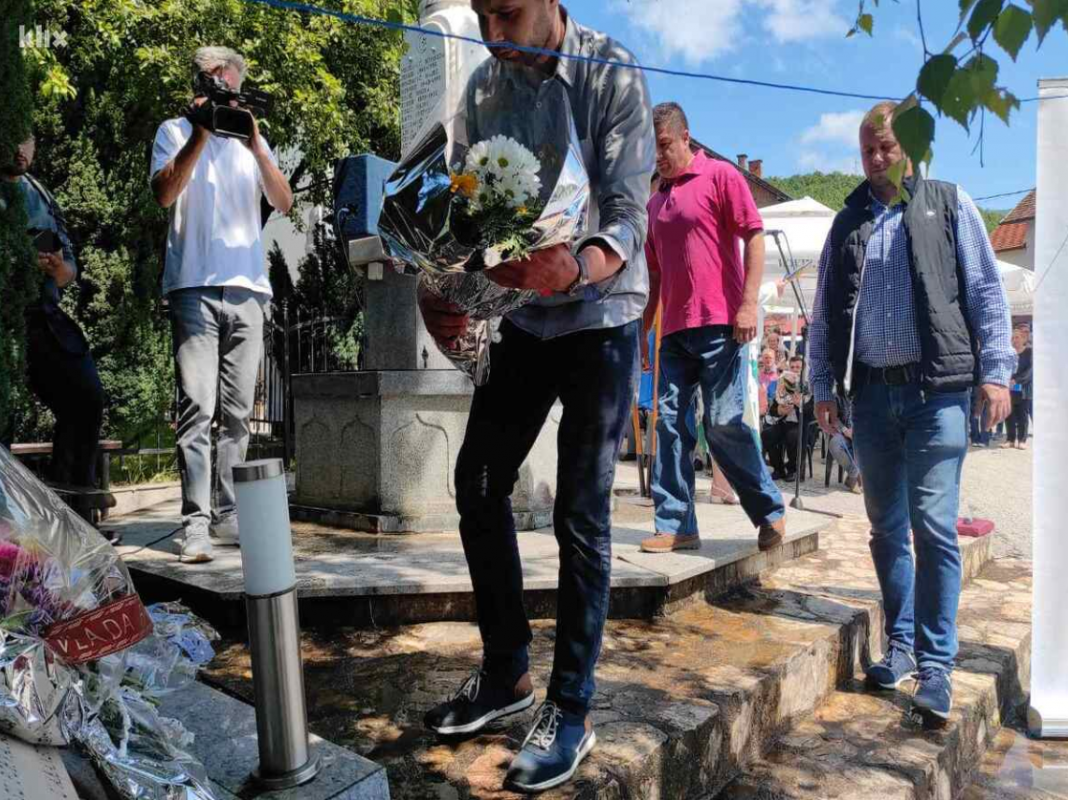
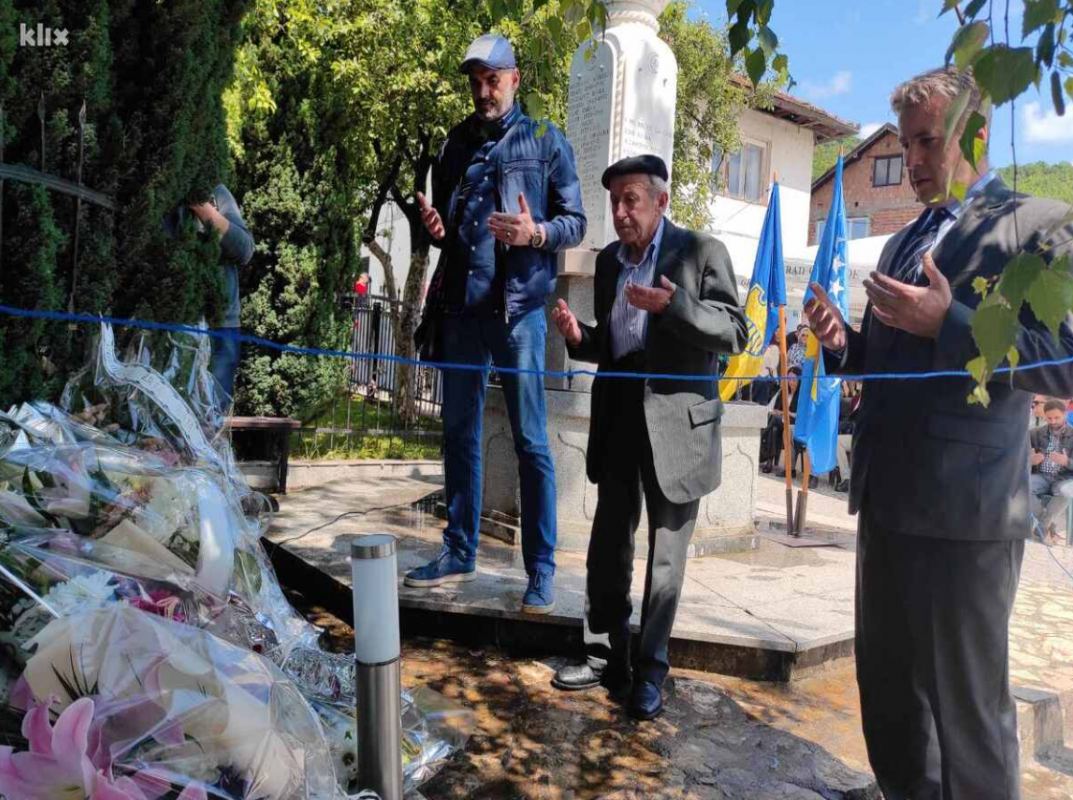
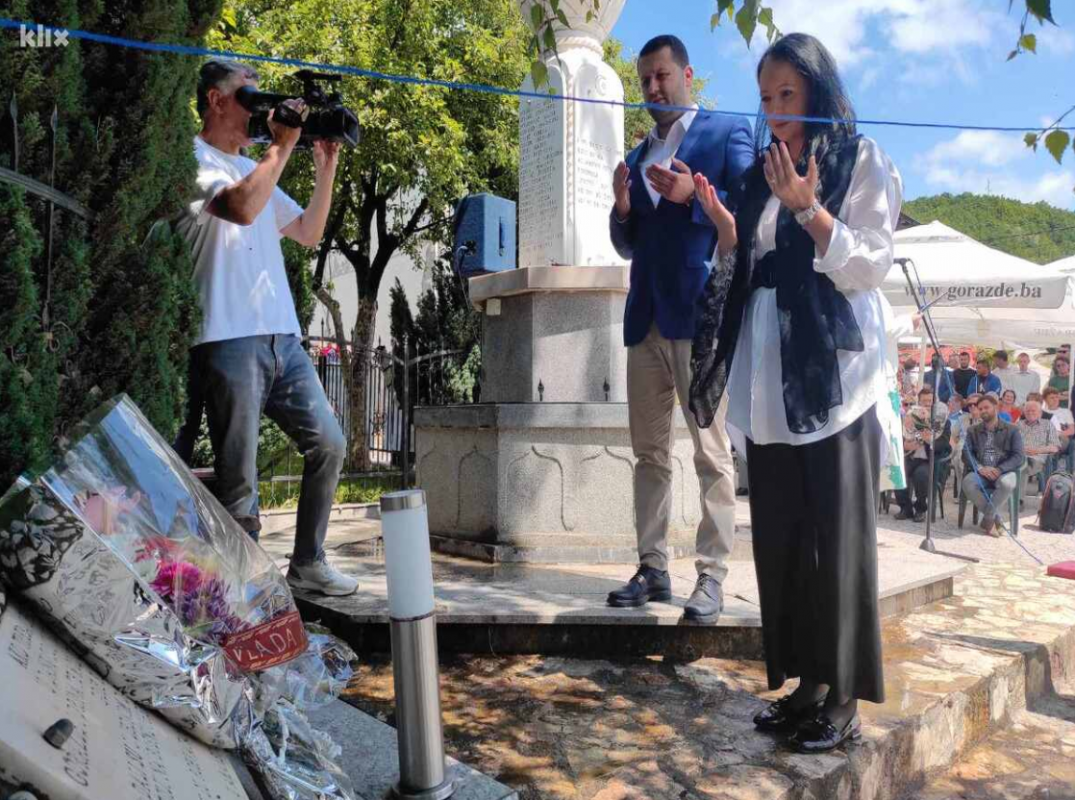
(1).png)
(1).png)